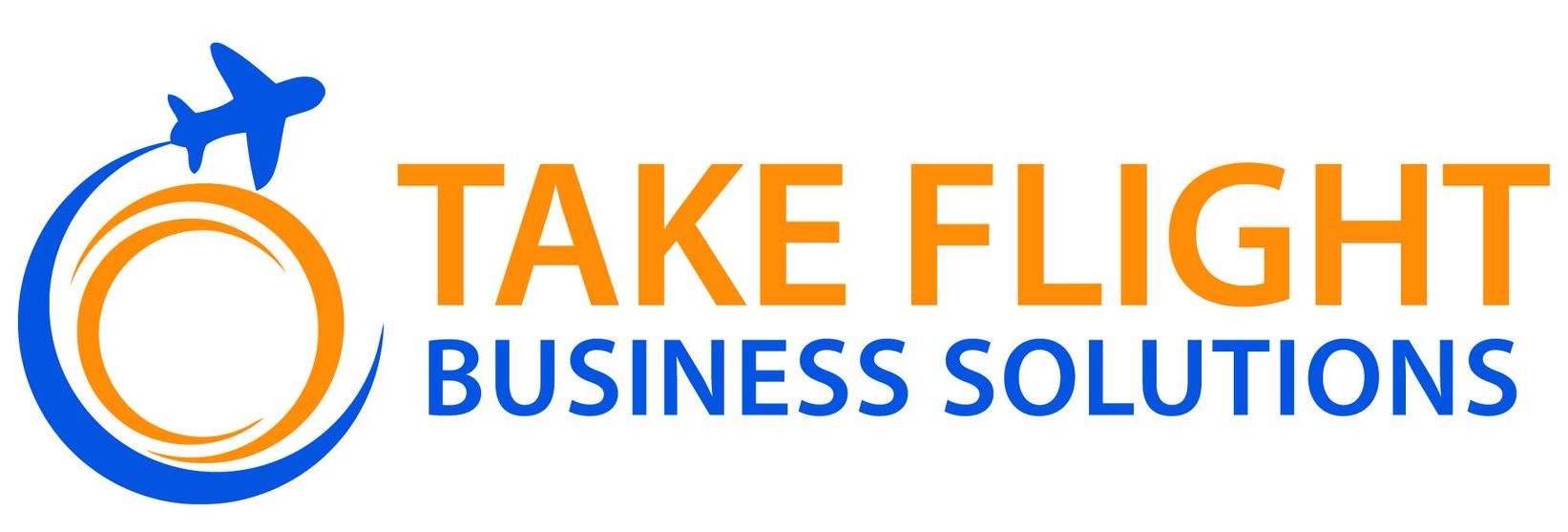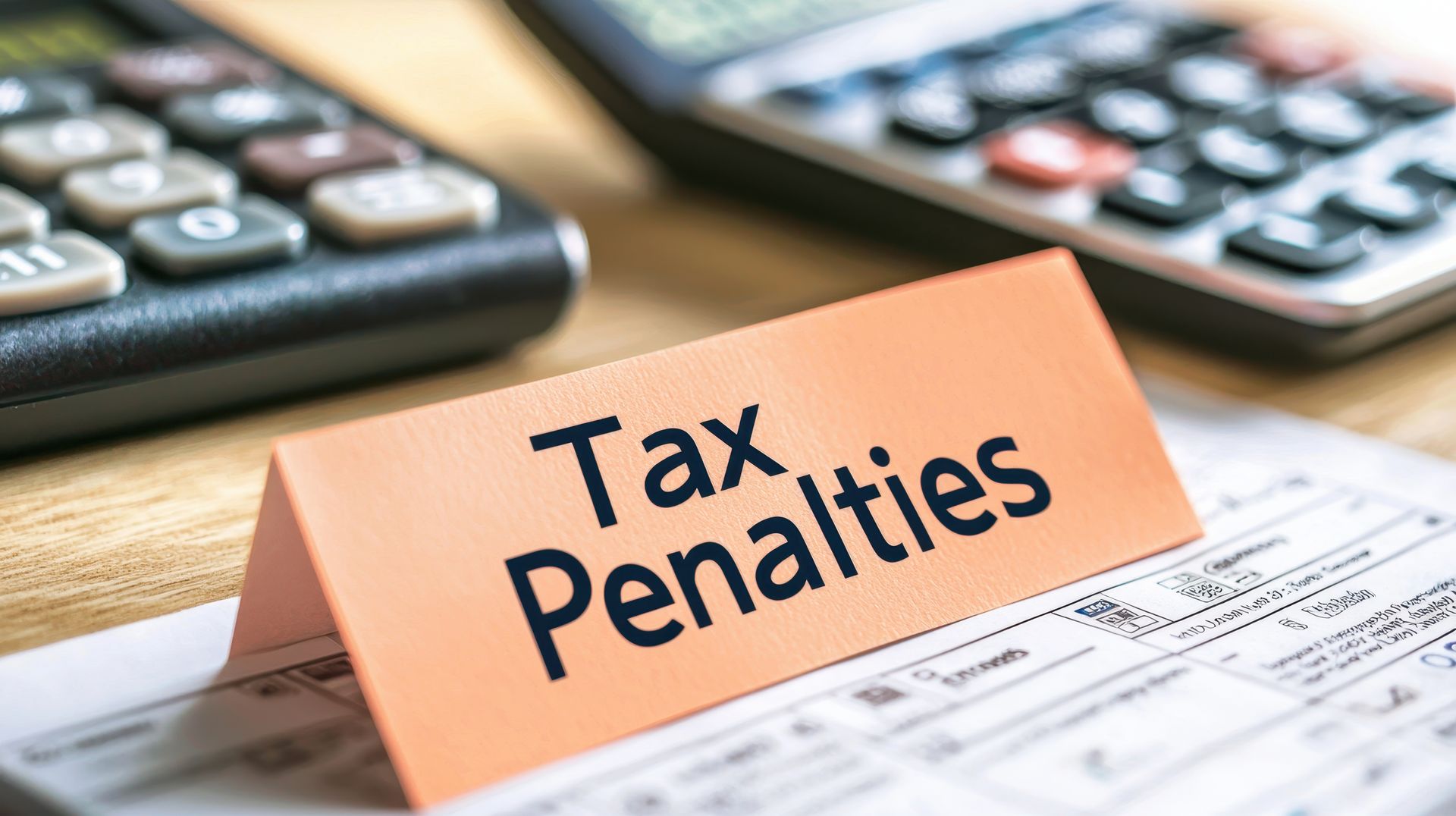The 2024 Tax Season: A CPA and Business Owner Perspective
Important Points You Should Know about the 2024 Tax Season: A CPA and Business Owner Perspective
As both a Certified Public Accountant (CPA) and a business owner, the commencement of the tax season is a pivotal time of the year. It demands a unique blend of professional expertise and practical business acumen. The 2024 tax season, with its specific nuances, is no different. This blog aims to shed light on how to approach this period effectively, balancing the meticulousness of a CPA with the pragmatism of a business owner.
Essential dates for Personal 1040 and Schedule C, D, and E filers:
- Final 4th Quarter Estimated Tax Payment for 2023 (Due on January 15, 2024): It’s important to make a tax payment if you figure you are going to owe for 2023; this helps to avoid interest and penalties.
- Start of Tax Season (January 29, 2024): On January 8, 2024, the IRS announced that they would begin accepting and processing returns on January 29, 2024, for the 2023 calendar tax year. (Source: https://www.irs.gov/newsroom/2024-tax-filing-season-set-for-january-29-irs-continues-to-make-improvements-to-help-taxpayers)
- Tax Filing Deadline (April 15, 2024): This is the last day to file tax returns or request an extension. Remember, an extension of time to file is not an extension of time to pay. If you find that you owe, try to make sure you pay off any tax liability to avoid penalties and interest.
- Extended Filing Deadline (October 15, 2024): This is the final deadline for those who obtained an extension.
Essential dates for 1120 Corporation filers:
- Tax Filing Deadline (April 15, 2024): This is the last day to file tax returns or request an extension.
- Extended Filing Deadline (October 15, 2024): The final deadline for those who obtained an extension.
Essential dates for 1120-S Corporation and 1065 Partnership filers:
- Tax Filing Deadline (March 15, 2024): This is the last day to file tax returns or request an extension.
- Extended Filing Deadline (September 15, 2024): The final deadline for those who obtained an extension.
Essential dates for 990 Public Charity or 990-PF Private Foundation filers:
- Tax Filing Deadline (May 15, 2024): This is the last day to file tax returns or request an extension. Remember that a non-profit that fails to file a return for 3 years in a row will have their tax-exempt status revoked automatically. Try explaining to your donors that they can’t deduct their charitable contributions… That’s a tough one.
- Extended Filing Deadline (November 15, 2024): The final deadline for those who obtained an extension. (Source: https://www.councilofnonprofits.org/running-nonprofit/administration-and-financial-management/federal-filing-requirements-nonprofits)
2024 Tax Law Changes: A Business Perspective
Staying abreast of the latest compliance and tax law changes is critical, especially how they impact businesses. There are these types of adjustments every year due to changes in tax laws or inflation adjustments:
- Adjustments in Business Tax Rates: Any changes in tax rates can significantly affect business planning.
- Modifications to Business Deductions: Updates in business-related deductions such as Section 179 or bonus depreciation need close monitoring.
- New Small Business Incentives: Be on the lookout for any new incentives or credits that can benefit small businesses, such as the Secure 2.0 Act (passed December 29, 2022) and the new small business tax incentives for retirement plans.
CPA and Business Owner Tips for Tax Preparation
- Organize Financial Records: Early and efficient organization of financial documents is key. This includes invoices, expenses, payroll records, and bank statements.
- Maximize Deductions and Credits: As a CPA, I recommend thorough research or consultation to understand which deductions and credits can benefit your business the most.
- Embrace Technology: If you didn’t utilize accounting software for accurate record-keeping, consider starting it right away. Consider e-filing for efficiency and speed.
- Plan for Potential Tax Liabilities: As a business owner, it's crucial to anticipate and plan for any potential tax liabilities to manage cash flow effectively.
- Professional Consultation: Consulting with a CPA can provide tailored advice, especially for complex business structures, situations, or transactions.
Taking care of these items diligently will help your business grow profitably, help to lower your tax expense, and should keep you and your business out of trouble with the authorities.
Handling Business Tax Refunds and Liabilities
- Refunds: If your business is anticipating a refund, strategize on how to reinvest this in your business for growth or stability or to build your own wealth.
- Liabilities: Explore various payment options if your business owes taxes. Consider how this affects your overall financial strategy.
The 2024 tax season presents both challenges and opportunities from the dual lenses of a CPA and a business owner. To maximize your opportunity (instead of having the process be a drag on you and your business) requires a strategic approach, detailed planning, and initiative-taking financial management. By staying informed, organized, and seeking expert advice, such as what we provide, business owners can navigate this season effectively, ensuring compliance and optimizing their financial health.
Disclaimer
This blog provides a general overview of the approaching 2024 tax season and is not intended to provide specific legal or financial advice. For personalized guidance, consult with a professional tax advisor or the IRS.



Schedule a Consultation
Schedule a Consultation
We will get back to you as soon as possible.
Please try again later.
2913 Carrington Lakes Blvd
Cantonment, FL 32533
P: (850) 303-2133
F: (850) 760-0830
© 2023 Take Flight Business Solutions LLC All rights reserved. | Terms of Use | Privacy Policy | Created by Olive + Ash. Managed by Olive Street Design









